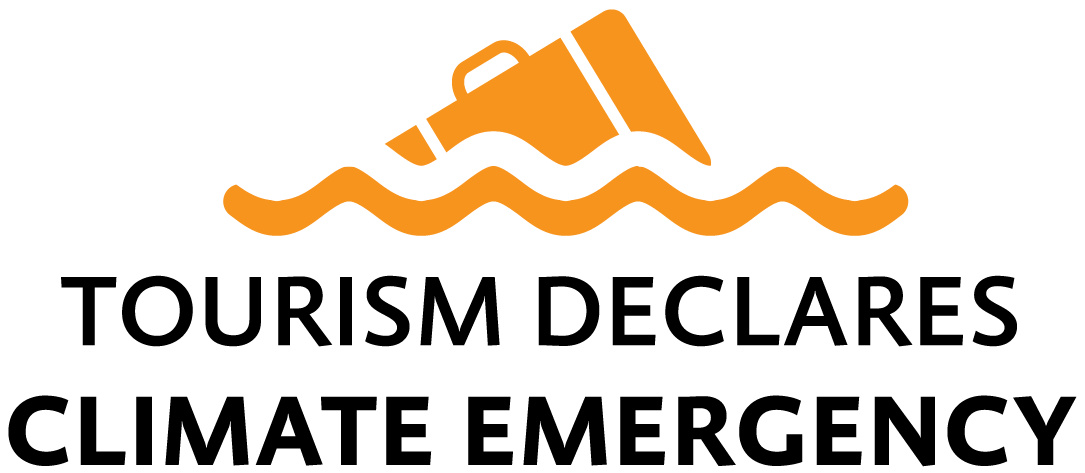How can tour operators support Sustainable Aviation Fuels?
Dutch tour operator and founding signatories of Tourism Declares a Climate Emergency, Better Places, offers trips to various destinations around the globe which connect travellers with local experts and have a positive impact.
As early as 2014 Better Places decided that it was important to measure their carbon emissions and worked with Breda University of Applied Sciences to get a tool to calculate CO2 emissions. Even though Better Places do not provide flights, they realised that as 75% of the emissions produced by their clients is from the flights and therefore wanted to make sure to include those emissions in any calculation they made.
Better Places were the first tour operator to report on and compensate for all travel taken by their staff and clients and started buying carbon credits from the South Pole Group. This was later adopted by the Dutch Tour Operator Association (ANVR) who started offering all their members to bulk buy carbon credits from the South Pole Group.
Better Places acknowledge that Scope 1 and 2 emissions can be less relevant for travel organisations that do not own accommodation or an airline and acknowledge the importance of including their Scope 3 emissions. The transportation to the destination booked by the travellers (which fall under scope 3) can account for as much as 80% of a company's total CO2 emissions. This inclusion of significant scope 3 emissions within their calculations set them apart from many other tour operators.
Seeing flying is too cheap Better Places, imposed a CO2 tax on themselves of €12,50 per customer travelling outside of Europe and €5,- per customer travelling in Europe, increasing by €2,50 and €1 every year, investing the proceeds in sustainable energy projects through crowdfunding platform Lend-a-Hand.
As well as looking at new technologies through sustainable aviation fuel, Better Places have been reevaluating their entire product portfolio to encourage their clients to reduce their emissions. Firstly, they’ve developed a whole short-haul (Europe) product range and encourage, where possible, overland travel to the destination, they also do not include any domestic flight which is less than 1hr long. Secondly, with regards to their long-haul product, they’ve made all trips at least 3-weeks long (allowing for slower travel and mitigating slightly some of the emissions from the flight, as well as allowing more benefits to the local destinations). They also encourage their clients to take fewer long-haul trips, maybe only every 2 years, rather than every year, and instead have a short-haul trip.
Better Places have made sure to put climate change concerns at the heart of their operations from the start and have been at the forefront of a lot of development in how tour operators can tackle the issue. They have created a climate action plan but are ready to change and adapt their plan and their way of looking at, and dealing with, the issue as new information and new opportunities present themselves.
